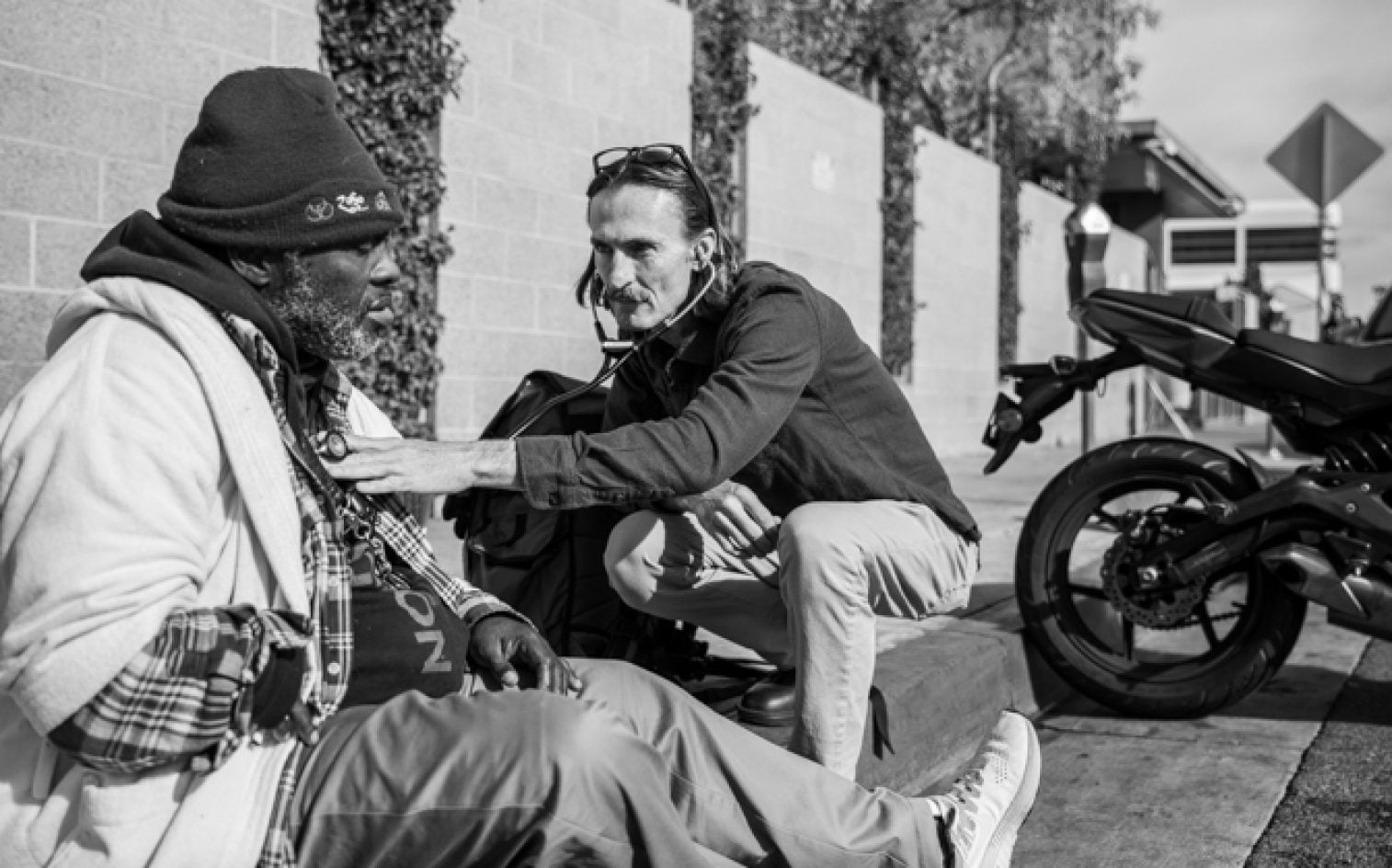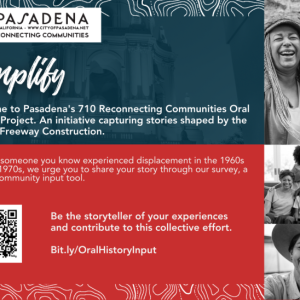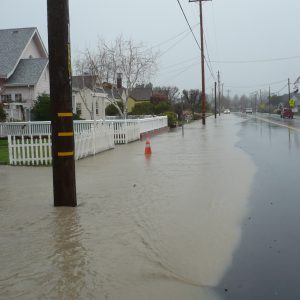 View Winners →
View Winners → 
Los Angeles Councilman Mike Bonin announced Tuesday that starting next week, all people living along Ocean Front Walk in Venice will be offered services and a pathway to permanent housing.
“We’re launching a major effort to confront the homelessness crisis at Venice Beach, address the safety needs of the housed and the unhoused, and fully reopen the park and beach for general public use. How? We’re offering housing, not handcuffs,” Bonin tweeted Tuesday morning.
Beginning Monday, St. Joseph Center outreach teams will offer housing, shelter and services to the approximately 200 people who live in boardwalk encampments, which have grown amid the COVID-19 pandemic. Outcry about the homelessness crisis in the area has been a factor in a recall effort launched against Bonin last week.
“As most housed residents honored Stay at Home orders, places like beaches and parks became campgrounds for those who did not have homes,” Bonin said in an email Tuesday to constituents. “As the pandemic has lifted, and the public’s appetite to return to full use of recreational facilities re-emerged, the state and federal governments have made more housing resources available, giving us the necessary tools to help people move out of encampments.”
The process to offer shelter to the boardwalk’s unhoused residents will take about six weeks, and each week the outreach teams will focus on a different section of Ocean Front Walk, according to Bonin. During outreach for a particular zone, the unhoused residents will be given a choice of either accepting housing or moving out of that zone.
“It is a similar process to what we’ve used in the past, at the handball courts, for instance, or the Rose/Penmar encampment last year,” Bonin’s Chief of Staff Chad Molnar told City News Service. “The end goal is to lead with the resources, offer housing to every unhoused individual on the boardwalk and free up those spaces in the park for public use and enjoyment.”
In his email, Bonin contrasted his approach to that taken by the Los Angeles County Sheriff’s Department, which has sent deputies to Venice in an effort to clear the encampments.
“The ‘Venice Beach Encampment to Home’ program will not be led by law enforcement, nor driven by threats of arrest or incarceration. We will offer what works: housing, with counseling, or mental health services, substance abuse recovery services, and anything else needed to successfully transition people into housing,” Bonin said.
Funding for the program will be considered by the City Council on Wednesday.
He added that his office will build on an early phase of the initiative in which his office has assisted in sheltering dozens of people living on the boardwalk since late April in time to reopen the area’s handball courts, volleyball area and skate park for public use.
Over the six-week-period, as people are given housing and leave the encampments, the Bureau of Sanitation will clean the area. Bonin said in his email to constituents that his office — with assistance from Mayor Eric Garcetti, Councilman Mark Ridley-Thomas and L.A. County Supervisor Sheila Kuehl — identified permanent housing options including Project Homekey, shared housing and permanent housing vouchers.
He added that it may take time to place the unhoused Venice residents into the permanent housing options, particularly through the voucher program, as the city must identify willing landlords and available units. In the interim, temporary housing will be given, including up to six months of motel placements, which is the most commonly requested form of temporary housing, Bonin said.
The program’s partners include People Assisting the Homeless, Safe Place for Youth, Venice Family Clinic, Self Help and Recovery Exchange (SHARE!), CLARE Matrix and others. Government agencies include the Los Angeles Homeless Services Authority, Department of Public Health, the Department of Mental Health, Department of Recreation & Parks, and Bureau of Sanitation.
Bonin added that the Los Angeles Police Department is aware and supportive of the program but is not involved in this rehousing effort.








































































































